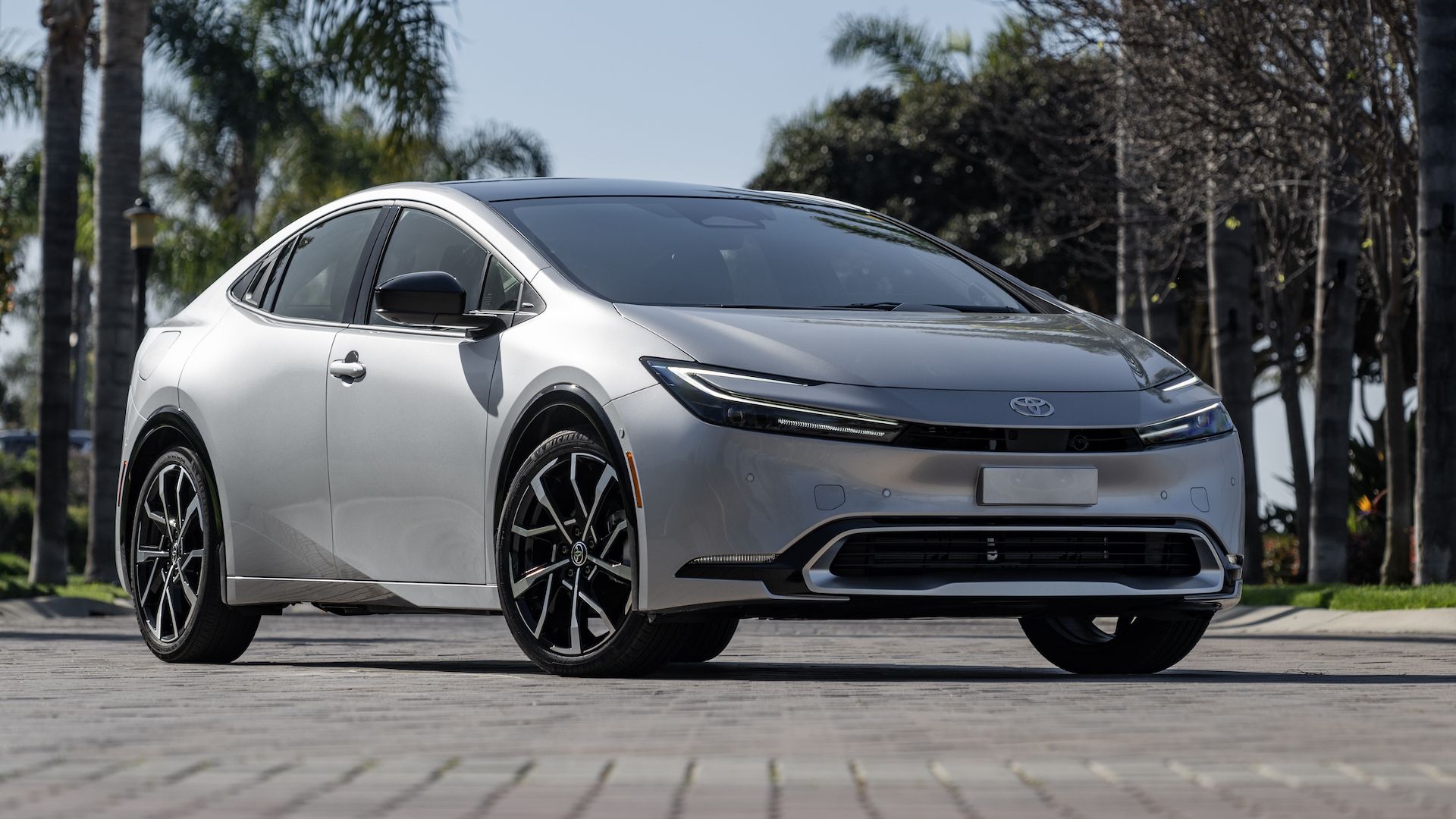

The Environmental Protection Agency is expected to announce new, stricter vehicle emissions laws on Wed. April 12, according to Bloomberg. However, the elevated standards are not expected to include an internal combustion engine (ICE) ban, as automakers caution uncertainty about the feasibility of a mass electric vehicle transition.
The EPA is reported to be drafting the highest automotive emissions standards in U.S. history, which will reduce emissions of CO2, NOX, and other pollutants for model year 2027 through 2032 vehicles. It’s anticipated to add (unspecified) emissions controls used in Europe and China to reduce smog, potentially including gasoline particulate filters. New heavy truck emissions guidelines are expected to be updated the same day, while power plant emissions updates are expected later this month.
Lobbyists have reportedly pushed for emissions standards said to be 75 percent stricter for 2030 models than for 2021. The changes are believed to be crucial for fulfilling the U.S.’s Paris Agreement obligations, which require reducing greenhouse gas emissions by 50 percent from 2005 levels by the end of the decade.

The EPA’s new regulations reportedly compromise on pressures from multiple interests. Automakers reportedly advised the White House during a February 14 meeting that its emissions reductions depend on factors outside its control, such as charging infrastructure and EV battery mineral availability. For this reason, the EPA is reportedly expected to only plan as far out as model year 2035, rather than calendar 2035.
It won’t be enough according to environmental experts, who reportedly pressed for a ruleset extending through 2035. “There has to be continuous pressure for improvement,” said Dan Becker of the Center for Biological Diversity, regarding auto industry stagnation.
Though a federal EV mandate appears unlikely, they may still proceed at the state level. California for example still plans to ban the sale of new ICE vehicles by 2035, and small engines too. Exemptions for synthetic fuels have been secured in Europe, though whether “e-fuels” are a viable mass-market fuel source remains in doubt.
Got a tip or question for the author? You can reach them here: james@thedrive.com